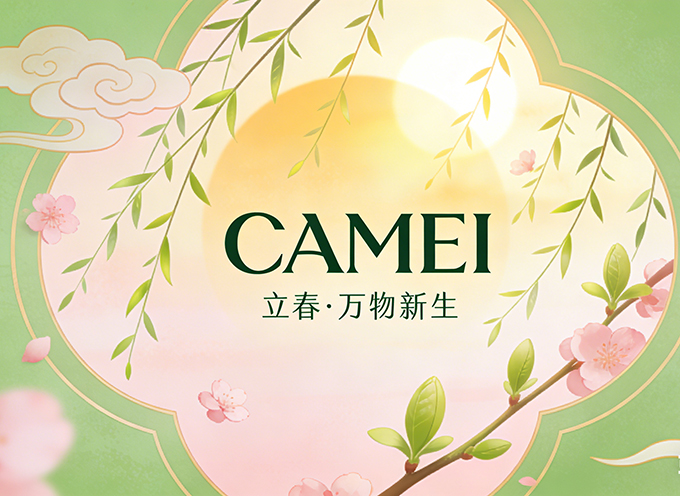The Arrival of White Dew
When the autumn wind sweeps across the treetops and turns the first paulownia leaf amber, fine ice crystals condense on the grass in the early morning – White Dew. This solar term, with refreshing and poetic charm, quietly arrives. According to Collected Explanations of the Seventy-Two Solar Terms, “White Dew, the festival of the eighth month.” Autumn belongs to the metal element; since gold is white and Yin energy intensifies, dew condenses and turns white. At this moment, the dew is no longer summer’s vapor but frost refined after a night’s chill, like brushstrokes of the universe glittering with silvery light in the morning.
Scenery of White Dew in the Fields
Wandering in the fields, one finds traces of White Dew everywhere. The foxtail grass lifts its tassels, with dewdrops at the tips. When the wind blows, they roll down with a rustling sound, as if spilling pearls. Rice ears bend low, plump grains coated with frost. From afar, the fields shimmer with a pearly glow. Even chrysanthemums in the courtyard have changed. The petals narrow slightly, and dew at the edges makes them more delicate, matching the scene of “The autumn fragrance of dewdrops fills the pond bank.”
Farmers and the Harvest Season
For farmers, White Dew signals busyness and the prelude to harvest. On the North China Plain, cotton farmers pick cotton while the dew is still wet. The bolls burst at their fingertips, like holding soft clouds. In southern rice fields, harvesters move quickly, golden waves rolling, the air filled with fragrance of new rice. In northwest orchards, apples and pears hang heavy. Farmers carry baskets, fingertips brushing cool dew, but their hearts are warm. The saying, “Plant high mountains during White Dew and plains during the Autumnal Equinox,” reflects wisdom and reverence for the land.
Folk Customs of White Dew
White Dew customs carry a gentle, down-to-earth air. A folk saying speaks of “collecting dew.” In the morning, people gather dew on lotus leaves. It is said wiping eyes with it improves eyesight, and brewing it in tea refreshes the mind. In Jiangsu and Zhejiang, people eat longans, believing they are plumpest now and nourishing as chicken. In Hunan and Hubei, White Dew tea is indispensable. The leaves, nourished by autumn dew, lose summer’s bitterness and gain sweetness. Brewed in a purple clay teapot, the tea soup turns amber, with a faint orchid fragrance.
White Dew in Poetry and Literature
Scholars also portrayed White Dew. In Missing My Younger Brother on a Moonlit Night, Du Fu wrote, “The dew is white from tonight on, and the moon is brighter in my hometown,” weaving dew with homesickness. Li Bai’s line, “White dew grows on jade steps, and long nights soak silk stockings,” uses its chill to describe longing. Wei Yingwu wrote, “I hold you in the autumn night, strolling and singing of the cool weather.” In the glow of White Dew lies a concern that transcends mountains and seas. “The mountains are empty and the pine nuts fall; the recluse must not sleep.”
Embracing the Calm of Autumn
As the sun sets, the dew is taken by the night. The distant mountains darken, nearby water is veiled in mist. White Dew is a silent messenger, telling us: passionate summer has passed, it’s time to savor autumn’s richness and calm. Perhaps it’s brewing a cup of tea and watching leaves unfurl; perhaps walking in fields at dusk, listening to crickets sing; or simply, opening the window in the morning to catch a fallen leaf still dewy—these small moments are the tenderness White Dew bestows on the world--Hello, Bai Lu!
CAMEI’s Autumn Commitment
CAMEI will continue to work hard in this busy autumn and keep reaping the fruits of harvest.


